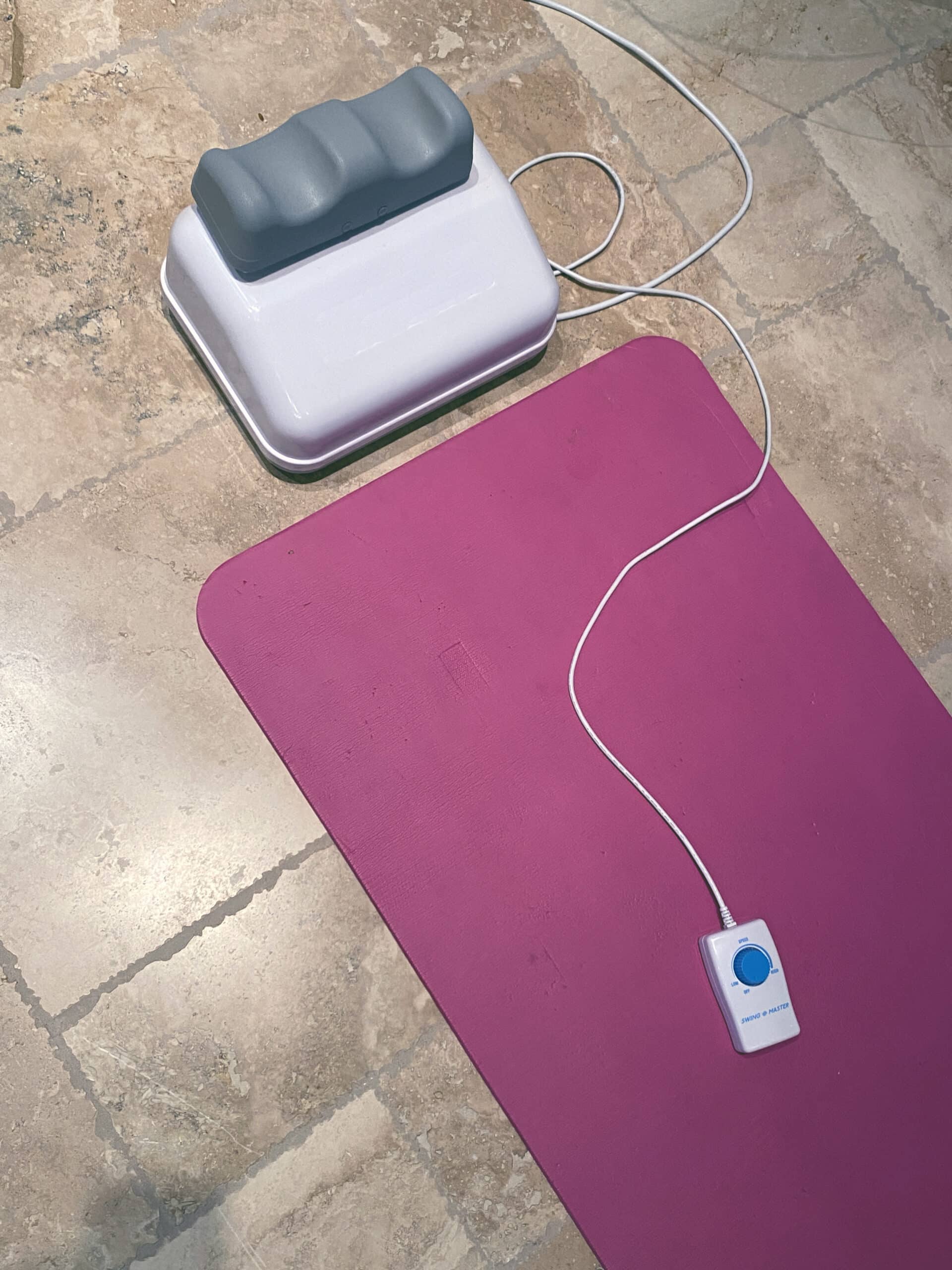Chronic Inflammatory Response Syndrome (CIRS) is a debilitating condition caused by long-term exposure to biotoxins, such as mold and mycotoxins, that leads to an ongoing, overwhelming inflammatory response in the body. While the physical symptoms of CIRS—like fatigue, brain fog, headaches, respiratory issues, and digestive disturbances—are well-documented, there’s an often overlooked aspect of healing: trauma healing.
For many CIRS patients, the experience of living with an invisible, chronic illness can lead to significant emotional and psychological trauma. The frustration of feeling misunderstood, the impact of persistent illness on daily life, and the often lengthy journey to a diagnosis can all take a toll on mental health. Trauma healing is an essential component of the recovery process, as it addresses the emotional scars that may be contributing to the body’s inability to heal.
In this blog post, we will explore how trauma healing is linked to recovery from CIRS, the connection between emotional stress and chronic illness, and actionable steps that can help CIRS patients heal emotionally and physically.

Understanding the Connection Between Trauma and CIRS
Chronic illnesses, particularly ones like CIRS, can be both physically and emotionally overwhelming. For many CIRS patients, the process of seeking a diagnosis and navigating an often uncertain and complex treatment journey can be deeply traumatic. The physical suffering of the condition may lead to feelings of helplessness, frustration, and isolation. The stigma surrounding invisible illnesses may also exacerbate emotional distress, making it harder for patients to find understanding and support.
Here are a few reasons why trauma healing is critical for CIRS patients:
- Chronic Stress Exacerbates Inflammation: Emotional trauma and stress have been shown to have a direct impact on the immune system. Chronic stress triggers the release of cortisol, a stress hormone that, when elevated for long periods, can worsen inflammation and contribute to immune dysfunction. This makes it harder for the body to heal from the toxic load of CIRS.
- Mind-Body Connection: The body and mind are deeply interconnected. Emotional trauma can manifest physically, leading to an increase in symptoms such as muscle tension, fatigue, digestive problems, and more. Addressing emotional and psychological stress can therefore help reduce physical symptoms and support healing.
- Unresolved Trauma Impacts Mental Health: Many CIRS patients struggle with feelings of anxiety, depression, and helplessness due to the long, often frustrating journey to recovery. This emotional burden can prevent patients from fully engaging in their healing process, leaving them stuck in a cycle of illness and despair.
- Trauma Increases Sensitivity to Pain: Psychological trauma can alter the way the body processes pain, making individuals more sensitive to physical discomfort. Addressing emotional wounds can help reduce the perception of pain and improve overall well-being.
Given the profound effects that trauma can have on the healing process, it’s essential for CIRS patients to incorporate trauma healing practices into their recovery journey.
Steps for Trauma Healing in CIRS Patients
Healing from trauma is a deeply personal and individualized journey, but there are several approaches and techniques that CIRS patients can use to begin addressing both the physical and emotional aspects of their condition. Here are some key steps for trauma healing:
1. Acknowledge the Emotional Impact of CIRS
The first step in trauma healing is acknowledging the emotional toll that CIRS has had on your life. This means giving yourself permission to feel your feelings, whether it’s frustration, sadness, anger, or fear. The emotional weight of living with chronic illness can be overwhelming, and it’s essential to honor and process those feelings instead of suppressing them.
- Journaling: Writing down your thoughts and feelings can help release pent-up emotions and gain clarity on your healing process.
- Mindfulness: Practicing mindfulness allows you to observe your thoughts and emotions without judgment. This can help you better understand how emotional distress may be influencing your physical symptoms and vice versa.
2. Seek Therapy or Counseling
Trauma is often deeply embedded in the psyche and may require professional help to process fully. Working with a therapist, particularly one trained in trauma-informed care, can help you unpack the emotional and psychological impacts of CIRS. Therapy can also help you develop effective coping strategies to deal with the frustrations and anxieties that come with living with a chronic illness.
Some therapies that may be beneficial for CIRS patients include:
- Cognitive Behavioral Therapy (CBT): A widely used therapeutic approach that helps individuals identify and change negative thought patterns, which can be particularly helpful for managing stress, anxiety, and depression.
- EMDR (Eye Movement Desensitization and Reprocessing): A therapeutic technique specifically designed to help people process and heal from traumatic experiences.
- Somatic Therapy: Focuses on the body’s physical sensations and its role in processing trauma, helping individuals release trauma stored in the body.
- EVOX Therapy: EVOX therapy, also known as “Voice Mapping,” is a form of biofeedback therapy that helps individuals identify and release emotional blockages that can affect their physical health.
3. Practice Self-Compassion
CIRS patients often feel frustrated with their bodies, as they are often unable to control their symptoms and may be misunderstood by others. This can lead to self-blame and negative self-talk. Practicing self-compassion—treating yourself with the same kindness, care, and understanding you would offer a loved one—can be transformative in healing from trauma.
Try these self-compassion practices:
- Affirmations: Use affirmations that focus on self-love and acceptance, such as “I am doing the best I can,” or “My body is healing and deserves care.”
- Gentle Self-Talk: Replace self-criticism with positive and nurturing language. Instead of saying “I’m weak for being sick,” try “I am resilient, and I’m working towards healing.”
- Allow Rest: Give yourself permission to rest and recharge without feeling guilty. Rest is vital to the healing process, both physically and emotionally.
4. Engage in Mind-Body Practices
Mind-body techniques can help CIRS patients process and release trauma from the body, reduce stress, and support overall healing. Here are some practices to consider:
- Yoga: Gentle yoga practices focused on breathwork and movement can help release physical tension caused by emotional stress. Many yoga poses are also known to stimulate the lymphatic system, supporting detoxification.
- Meditation: Meditation, especially guided meditations focused on healing, can help reduce stress and create a sense of peace and calm.
- Breathwork: Deep breathing exercises can activate the parasympathetic nervous system (the “rest and digest” system), helping to lower cortisol levels and alleviate anxiety.
5. Create a Supportive Environment
Isolation and lack of support can exacerbate the emotional trauma associated with CIRS. Connecting with others who understand your experience—whether it’s through online support groups, friends, or family—can provide a sense of community and reduce feelings of loneliness.
- Join Support Groups: Online or in-person support groups for CIRS patients or chronic illness communities can provide a safe space for sharing experiences and offering encouragement.
- Communicate with Loved Ones: Talk openly with family and friends about how you’re feeling emotionally and physically. Educating those around you about CIRS can help foster a more compassionate and supportive environment.
6. Nourish Your Body and Mind
Trauma healing is not just emotional—it’s also physical. A well-balanced diet rich in anti-inflammatory foods, plenty of rest, and physical movement can all support both emotional and physical recovery.
- Anti-Inflammatory Diet: Incorporating anti-inflammatory foods (like fatty fish, leafy greens, turmeric, and berries) can help lower inflammation and reduce the burden on the immune system, supporting both physical and mental healing.
- Sleep: Chronic stress and trauma can negatively impact sleep, which is crucial for healing. Prioritize good sleep hygiene and allow your body to rest and recharge.
- Hydration: Drink plenty of water to support detoxification and optimal brain function.
Conclusion
Healing from Chronic Inflammatory Response Syndrome (CIRS) is a multifaceted process, and addressing the trauma that often accompanies this illness is just as crucial as managing the physical symptoms. By acknowledging emotional pain, seeking professional support, practicing self-compassion, and engaging in mind-body practices, CIRS patients can begin to heal on a deeper level.
Remember, recovery from CIRS is not just about physical detox—it’s about healing the whole person. Focusing on trauma healing can help you regain balance in both mind and body, creating a stronger foundation for recovery and improving your overall quality of life. You deserve compassion, healing, and a journey towards a healthier, more empowered future.






